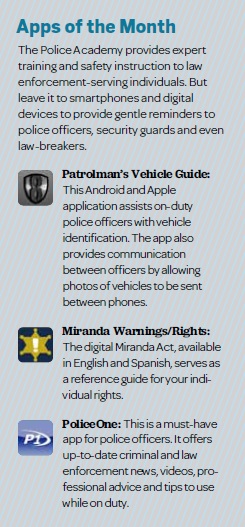Apple’s fingerprint scanner causes scare
As expected, the Apple iPhone 5s phones sold at record-breaking rates the first weekend the product was tangible by consumers. More than nine million devices were purchased while an astonishing 200 million devices were updated  to their recent iOS 7 software upgrade, according to CBS News reports. From the statistics, it’s clear Apple is an unstoppable tech expert, right? Wrong.
to their recent iOS 7 software upgrade, according to CBS News reports. From the statistics, it’s clear Apple is an unstoppable tech expert, right? Wrong.
The buzz about the new biometric fingerprint scanner that was integrated into the new 5s design created an even bigger buzz when German computer club hacked¬¬—indeed, hacked—the system, a mere two days after Apple unleashed the technology beast.
The computer wizzes, known as Chaos Club, posted a video on their blog describing in detail how they had engineered a fake print to beat Apple’s biometric fingerprint scan. Starbug, the hacker who performed the test, posed a valid argument on the group’s blog: “As we have said now for more than years, fingerprints should not be used to secure anything. You leave them everywhere, and it is far too easy to make fake fingers out of lifted prints.”
So, how did this group of German geniuses scam Apple’s technology? Well it’s a bit more complicated than the group made it seem, but by increasing highly increasing the resolution of a fingerprint photo and inverting the image to 1,200 dpi, the group was able to trick the 500 dpi scanner. Their creation and innovation unfortunately puts iconic action heroes, such as James Bond, and the Apple Corporation to shame.
by increasing highly increasing the resolution of a fingerprint photo and inverting the image to 1,200 dpi, the group was able to trick the 500 dpi scanner. Their creation and innovation unfortunately puts iconic action heroes, such as James Bond, and the Apple Corporation to shame.
Even prior to the release of the new technology, consumers were skeptical and cynical toward its capabilities. Questions were posed about where the fingerprint scans would be saved and who would have access to the information. Marcia Hofmann’s piece in Wired offered another questioning argument. Biometric fingerprints were considered physical evidence and could be used against someone in court. On the contrary, a simple four-digit code would require a judge to have a defendant incriminate themselves in a trial, which in fact, is illegal.
Only time will tell whether handing over biometric fingerprint technology to a mass amount of general consumers will cause more disaster than security. In the meantime, it’s posed a challenge to techies around the world who have already proven to Apple that they are keeping up with the company’s genius innovations.


